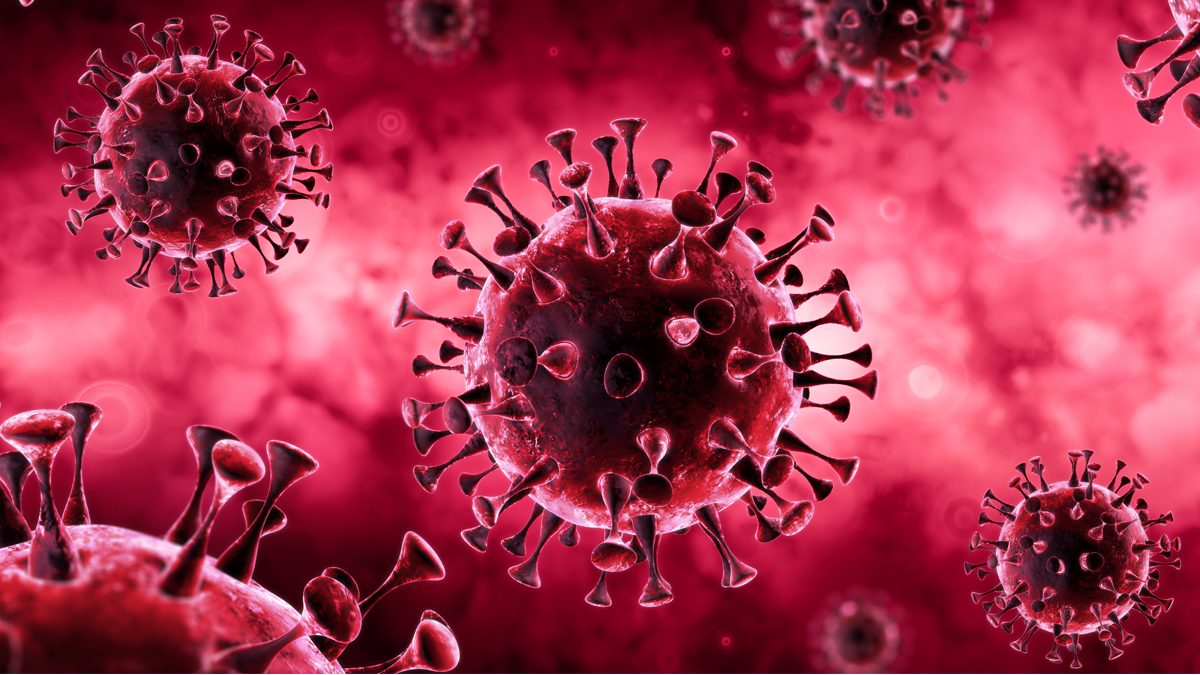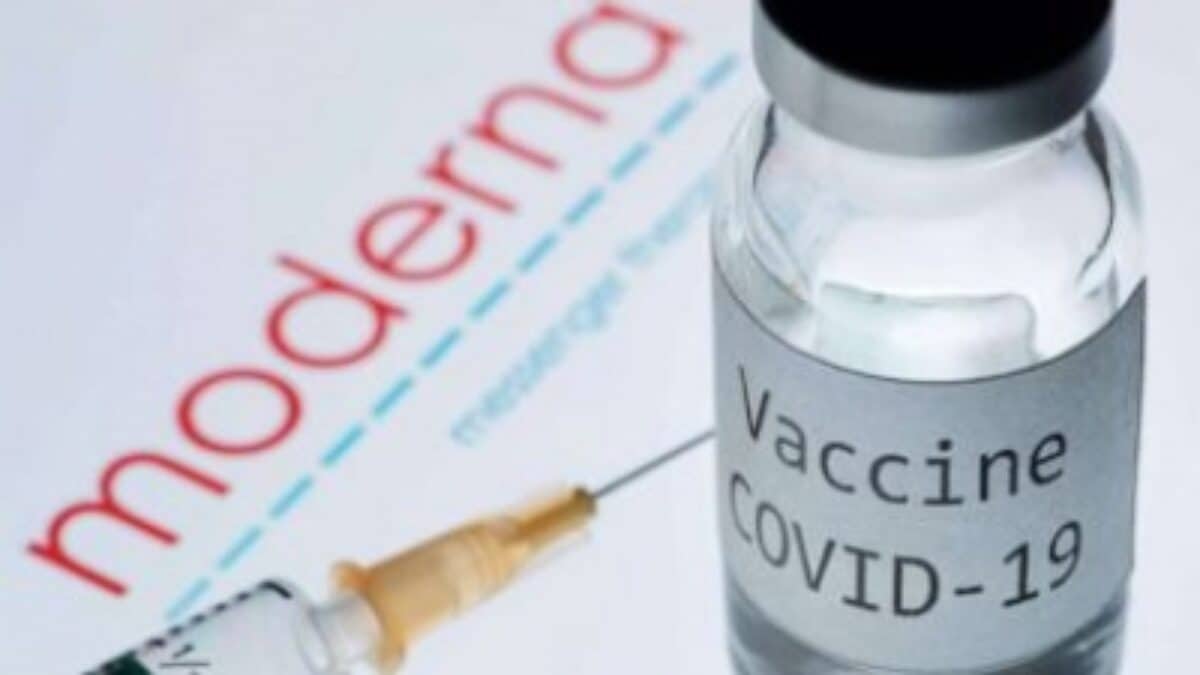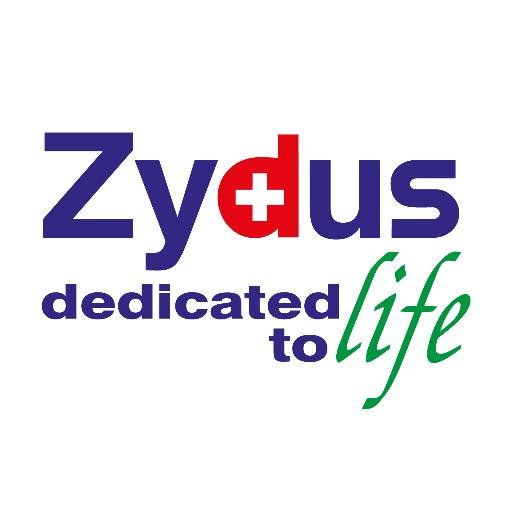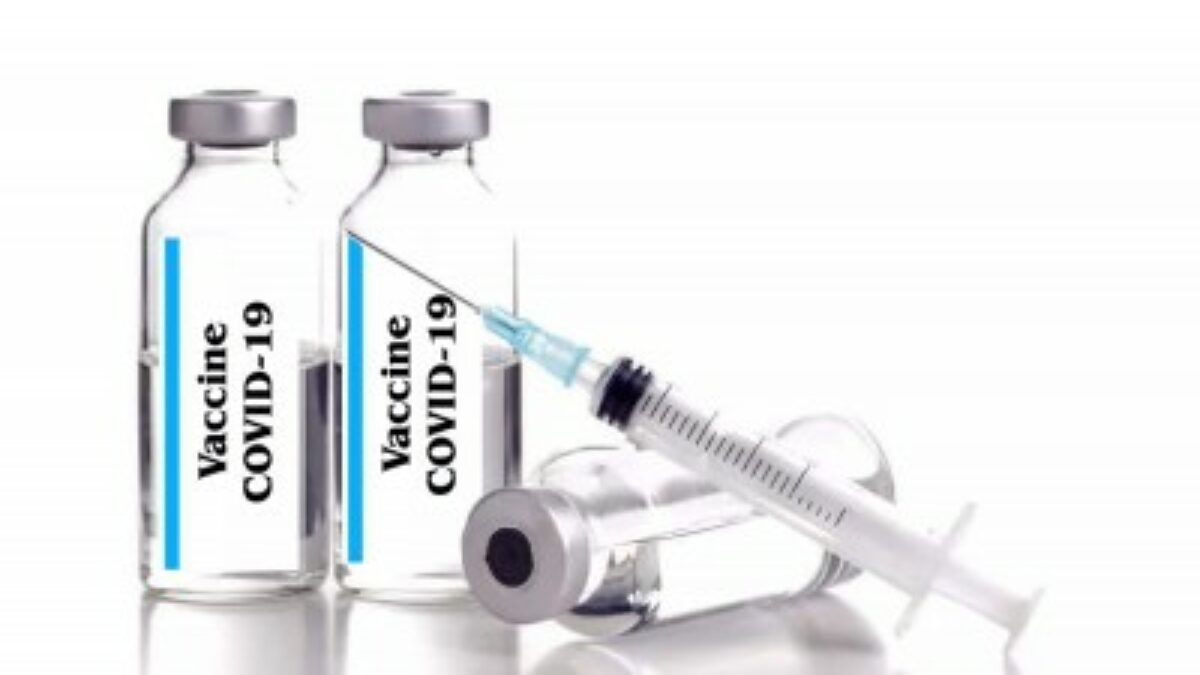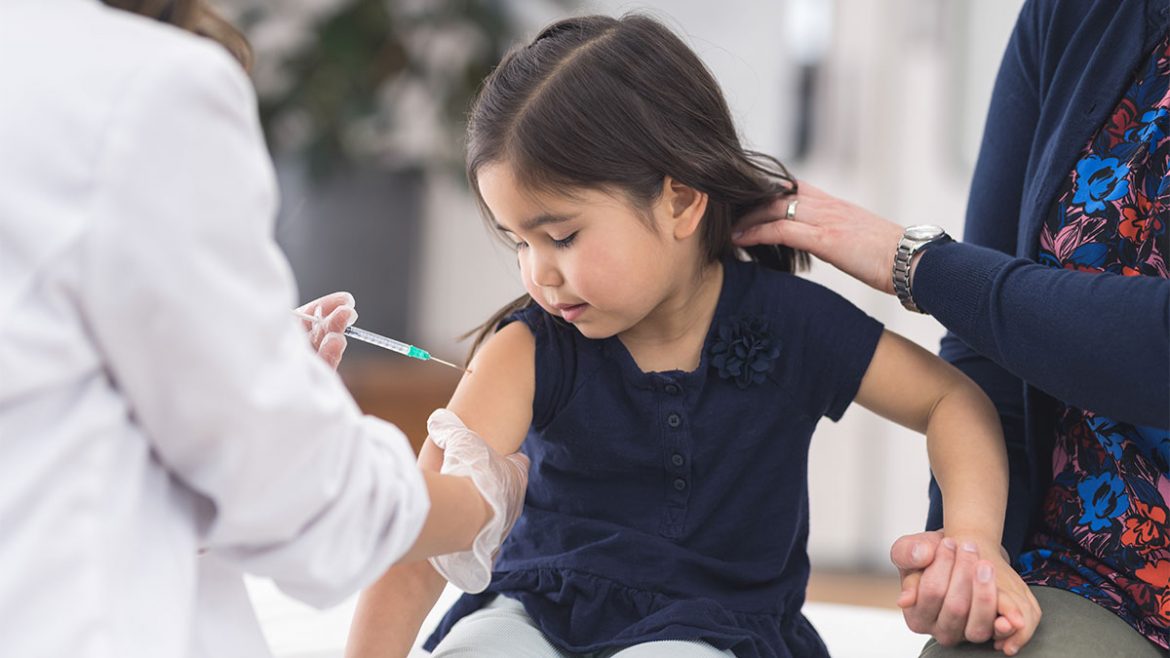Corona vaccination
Nagpur: While in most private and state hospitals an RT-PCR negative report is compulsory, even if you are completely vaccinated for over two weeks and require hospitalisation for non-Covid therapy. There is also no exemption from the Covid test but only after a rigorous screening.
In major hospitals emergencies are isolated until the RT-PCR report is pending. Smaller patients have no choice but to ask patients for the results of the test.
Some big hospitals are performing rapid antigen test (RAT) especially for those turning up with fever and at the same time facilitating swab collection. Patients have to do it on their own at many other hospitals. Recently, some fully vaccinated patients were asked to wait for admission till they bring an RT-PCR negative.
A GMCH spokesperson said the hospital ensures regular treatment is not affected due to lack of RT-PCR test. “It depends on the assessment of surgeon and anaesthetist. They take a call based on urgency of the case and condition of the patient,” he said.
Dr Tushar Gawad, director (administration), Alexis Multispeciality Hospital, said, “Screening for symptoms and other relevant history is done for all patients. After screening by the clinicians, those who are fully vaccinated (14 days after 2nd dose) and asymptomatic patients are being exempted from RT-PCR testing for Covid-19. With regards to interventions, we do RAT for minor surgeries and day care procedures, while for major surgeries and procedures we do RT-PCR test.”
Dr Harshvardhan Bora, internal medicine and critical care expert at Kingsway Hospital, said it depends on hospital policy. “Each hospital has its own. Some are flexible based on screening. But if patients complain of coughing and breathlessness, then a Covid test becomes necessary. If a patient is Covid-infected, it becomes a risk for fellow patients,” he said.
Dr Rakesh Shah, head of administration at Wockhardt Hospitals, said as a precautionary measure, both elective surgery and ILI patients are asked for RT-PCR tests. “We do record details of vaccination too,” he said.
Vidarbha Hospital Association (VHA) convenor Dr Anup Marar said as a safety measure, all hospitals do segregate the incoming patients and undertake RT-PCR tests before mixing them with admitted patients. “This prevents inadvertent exposure. Vaccination does not prevent infection but will only help reduce mortality. Fully vaccinated can also get Covid-19 and must be RT-PCR positive,” he said.
Dr Marar added, “Red flag of 3rd wave will be raised when hospitals and laboratories suddenly observe a surge of increased positivity rate among the tested. Hence, if hospitals become careless and stop practice of RT-PCR screening of fresh incoming patients, it will surely backfire and will not give chance to control the outbreak. All healthcare workers should follow universal safety guidelines while dealing with any patient.”
According to a study, a novel variation of SARS-CoV-2, the virus that causes Covid-19, has been discovered in South Africa and many other locations around the world, which could be more transmissible and escape vaccine protection.
The probable variant of interest, C.1.2, was first found in South Africa in May this year, according to scientists from the National Institute for Communicable Diseases (NICD) and the KwaZulu-Natal Research Innovation and Sequencing Platform (KRISP).
C.1.2 has been found in China, the Democratic Republic of the Congo, Mauritius, England, New Zealand, Portugal and Switzerland as of August 13, they said.
According to the yet-to-be peer-reviewed study posted on the preprint repository MedRxiv on August 24, C.1.2 has mutated substantially compared to C.1, one of the lineages which dominated the SARS-CoV-2 infections in the first wave in South Africa.
The new variant has more mutations than other variants of concern (VOCs) or variants of interest (VOIs) detected worldwide so far, the researchers said.
They noted that the number of available sequences of C.1.2 may be an underrepresentation of the spread and frequency of the variant in South Africa and around the world. The study found consistent increases in the number of C.1.2 genomes in South Africa each month, rising from 0.2% of genomes sequenced in May to 1.6% in June and then to 2% in July.
“This is similar to the increases seen with the Beta and Delta variants in the country during early detection,” the authors of the study said. According to the study, C.1.2 lineage has a mutation rate of about 41.8 mutations per year, which is about twice as fast as the current global mutation rate of the other variants.
As a result of the discovery of foreign substances, Japan has withdrawn 1 million more Moderna shots
Moderna Inc’s COVID-19 vaccine contamination concerns in Japan have gotten worse, with another million doses being temporarily halted after foreign chemicals were discovered in further batches and two people died after receiving shots from contaminated lots.
The suspension of Moderna supplies, which affects over 2.6 million people, comes as Japan confronts its biggest COVID-19 outbreak yet, driven by the infectious Delta strain, with new daily infections reaching 25,000 for the first time this month, despite a delayed vaccine deployment.
The latest reports of vaccine contamination came from Gunma prefecture near Tokyo and the southern prefecture of Okinawa, prompting the suspension on Sunday of two more lots in addition to the 1.63 million doses already pulled last week.
A tiny black substance was found in a Moderna vaccine vial in Gunma, an official from the prefecture said, while in Okinawa, black substances were spotted in syringes and a vial, and pink material was found in a different syringe.
Japan’s health ministry said some of the incidents may have been due needles being incorrectly inserted into vials, breaking off bits of the rubber stopper. Other vials from the lots can continue to be used, the ministry said on Monday.
The contamination cases followed a government report on Saturday that two people died after receiving Moderna shots that were among lots later suspended.
The government had said that no safety or efficacy issues had been identified and that the suspension was a precaution. The causes of death are being investigated.
“It is unlikely, in my opinion, that contamination of foreign substances led directly to sudden deaths,” said Takahiro Kinoshita, a physician and vice chair of Cov-Navi, a vaccine information group.
“If the contaminated substances were dangerous enough to cause death for some people, probably many more people would have suffered from some symptoms after the vaccination.
Two people died in Japan when the Moderna vaccine was halted due to contamination
According to the country’s health ministry, at least two people died in Japan after receiving Moderna Inc’s Covid-19 vaccination shots, which were among the batches later halted due to contamination reports.
The deceased people, both men in their 30s, died this month within days of getting inoculated with the second doses of Moderna vaccines, news agency Reuters reported quoting the ministry statement.
Each had received a shot from one of the three manufacturing lots of the coronavirus vaccines that were suspended on Thursday. Their deaths are being probed; the Reuters report added. Both had a fever the day after receiving the second dose and died two days following the fever.
This development comes after Japan on Thursday suspended the use of a total of 1.63 million doses of Moderna Inc’s coronavirus vaccines – over a week after the domestic distributor, Takeda Pharmaceutical Co, got reports of contamination in some of the vials.
However, both Takeda and Moderna insisted on carrying out a “formal investigation” to determine the connection. “At this time, we do not have any evidence that these deaths are caused by the Moderna Covid-19 vaccine,” the companies said in a statement on Saturday.
Following the suspension of vaccine doses, both Moderna and Japan said that no efficacy or safety issue had been spotted and that the move was just a precautionary measure.
COVID-22, a new coronavirus type said to be deadlier than Delta, is being warned about by experts
As India prepares for the third wave of the novel coronavirus, experts are warning of a ‘Super Variant’ of the SARS CoV-2, which might arise in 2022 and be known as COVID-22, as well as the possibility of uninfected people becoming super spreaders.
An immunologist in Zurich, Professor Sai Reddy said that the current strain mix could result in a new and more dangerous epidemic, as per a report by The Sun. Reddy pointed out that COVID-22 was “inevitable” as the coronavirus is very likely to combine to make a deadlier strain especially with Delta, Beta, and Gamma variants.
“COVID-19 could be worse than what we are seeing now,” he cautioned. As a result, more than one vaccination will be needed in the furtute as the fight against coronavirus continues. He warned that vaccination and booster shots will be needed ‘maybe for the rest of our lives.’
He cautioned that the world cannot solely rely on vaccination. “COVID-22 could get worse than what we are witnessing now… We have to be prepared for more than one vaccination in the next few years, which is constantly adapting to new variants,” he was quoted as saying by The Sun.
He insisted that the world has to be prepared as the COVID-22 variant has potential to be a big risk. “If such a variant appears, we have to recognize it as early as possible and the vaccine manufacturers have to adapt the vaccine quickly. The emergence of this new variant is a big risk,” Reddy claimed.
The USFDA approves Zydus Cadila’s arthritis medication with 180 days of exclusivity
New Delhi, India: Zydus Cadila, a pharmaceutical company, said on Monday that it has obtained final clearance from the US Food and Drug Administration to commercialise Tofacitinib extended-release tablets, which are used to treat rheumatoid arthritis. The medication has been approved by the US Food and Drug Administration (USFDA) in 11 mg and 22 mg doses, according to the firm.
According to Zydus, the firm was the first to file an abbreviated new drug application (ANDA) for Tofacitinib extended-release tablets 22 mg and so has 180-day exclusivity on this strength.
New Delhi, India: Zydus Cadila, a pharmaceutical company, said on Monday that it has obtained final clearance from the US Food and Drug Administration to commercialise Tofacitinib extended-release tablets, which are used to treat rheumatoid arthritis. The medication has been approved by the US Food and Drug Administration (USFDA) in 11 mg and 22 mg doses, according to the firm.
According to Zydus, the firm was the first to file an abbreviated new drug application (ANDA) for Tofacitinib extended-release tablets 22 mg and so has 180-day exclusivity on this strength.
Vaccine slots can now be booked via WhatsApp. Here’s How to Get Started
New Delhi, India: With India aiming to vaccinate all people by the end of the year, the government has launched a new WhatsApp-based service for booking vaccine appointments.
“Setting the stage for a new era of citizen convenience. COVID-19 vaccine slots can now be readily booked on your phone in minutes “Mansukh Mandaviya, the Minister of Health, tweeted this morning.
“Send ‘Book Slot’ to MyGovIndia Corona Helpdesk on WhatsApp. Verify OTP. Follow the steps,” he further wrote, along with a link.
By following the steps, relevant details can be fetched from CoWIN, the government portal that links every vaccine dose to its recipient.
All you have to do is simply send ‘Book Slot’ to MyGovIndia Corona Helpdesk, verify OTP and follow these few simple steps.
Visit https://t.co/97Wqddbz7k today! #IndiaFightsCorona@[email protected]/HQgyZfkHfv
— MyGovIndia (@mygovindia) August 24, 2021
In another significant move, the government earlier this month had introduced the facility of getting vaccination certificate via WhatsApp. This came as a relief for those trying to get a proof of vaccination with the CoWIN platform reporting glitches on some occasions. Amid concern over a third Covid wave, vaccine certificates are being sought for interstate travel, among other things.
“Revolutionising common man’s life using technology! Now get #COVID19 vaccination certificate through MyGov Corona Helpdesk in 3 easy steps. Save contact number: +91 9013151515. Type & send ‘covid certificate’ on WhatsApp. Enter OTP. Get your certificate in seconds,” the Health Minister’s office had tweeted.
Scientists claim that vaccinated people are getting covid at an unusually high rate
Anecdotes can teach us things that statistics can’t: People who have been vaccinated appear to be catching the coronavirus at an alarmingly high incidence. But it’s unclear how often they do it or how likely they are to spread the illness to others.
Despite the fact that vaccination continues to provide effective protection against the virus, there is growing worry that vaccinated persons are more susceptible to serious illness than previously assumed.
There’s a dearth of scientific studies with concrete answers, leaving public policy makers and corporate executives to formulate plans based on fragmented information. While some are renewing mask mandates or delaying office reopenings, others cite the lack of clarity to justify staying the course. It can all feel like a mess.
“We have to be humble about what we do know and what we don’t know,” said Tom Frieden, a former director of the Centers for Disease Control and Prevention and the head of the nonprofit Resolve to Save Lives. “There are a few things we can say definitively. One is that this is a hard question to address.”
Absent clear public health messaging, vaccinated people are left confused about how to protect themselves. Just how vulnerable they are is a key variable not just for public health officials trying to figure out, say, when booster shots might be needed, but also to inform decisions about whether to roll back reopenings amid a new wave of the virus.
On a smaller scale, the unknowns have left music lovers unsure if it’s OK to see a concert and prompted a fresh round of hang-wringing among parents pondering what school is going to look like.
In lieu of answers, what has emerged is a host of case studies providing somewhat different pictures of breakthrough infections. Variables including when the surveys were conducted, whether the delta variant was present, how much of the population was vaccinated and even what the weather was like at the time make it hard to compare results and suss out patterns. It’s difficult to know which data might ultimately carry more heft.
“It’s quite clear that we have more breakthroughs now,” said Monica Gandhi, an infectious disease expert at the University of California, San Francisco. “We all know someone who has had one. But we don’t have great clinical data.”
Covid vaccination will be tested in children aged 3 to 12 years old, according to Zydus Cadila, MD
MD Zydus Cadila After getting the DCGI permission for the emergency use authorisation (EUA) for its three-dose ZyCoV-D vaccine, Dr Sharvil Patel announced on Saturday that his company will apply for Covid-19 vaccine studies in children aged 3 to 12.
The ZyCoV-D vaccine, which is the only needle-free Covid vaccine in the world, will also be available for children above the age of 12.
In an interview with India Today’s Sneha Mordani, the Zydus Cadila MD shared the company’s plan for trials in children of age group 3-12. Dr Sharvil Patel also talked about a potential two-shot vaccine from Zydus Cadila.
Q. When will the vaccine be available?
It is a matter of pride for us to get an emergency use authorisation for a vaccine for children. The vaccine roll-out is likely to start by mid or end of September. But in larger quantities, it will begin in the middle of October.
Q. What are your future plans? You have been asked by regulators to provide more data about a double-dose vaccine.
We have done immunogenicity trials for the two-dose vaccine as well which is given on day zero and day 28. Also, we have seen comparable and sometimes significantly better immunogenicity in the double shot vaccine. So we are in discussion with regulators and SECC to see how we can build a two-dose vaccine in the future. We will also at the same time start building for trials in children between the age of three and 12.
Q. When will that happen?
The whole vaccine development journey starts in the way that you try it in the adults first then in the age group of adolescents and then go to the children. As we finished the safety efficacy on this, we will now file for a trial in children of age group of 3-12 in the next 7-10 days
Q. What will be the side effects of this vaccine?
Trials were conducted in 50 centres in the country. Overall, the trials on 28,000 volunteers were conducted. We’ve done the trials on 1400 adolescents of 12-18 yrs. In all the trials, we’ve not seen any severe side effects related to the vaccine.
Q. mRNA-based vaccines have reduced efficacy against the Delta variant which is the most predominant variant in the world right now. What is the efficacy this vaccine is showing against the Delta variant?
Our trial was done at the peak of the second wave. All the positive cases that we saw during the trial were in the period of April, May and June. We did a sero-surveillance of the majority of these positive cases and all of them were found to be Delta variants.
So when we came out with the efficacy of 66 per cent that is definitely against the Delta variant because all our vaccine results came out during the period of April, May and June.


